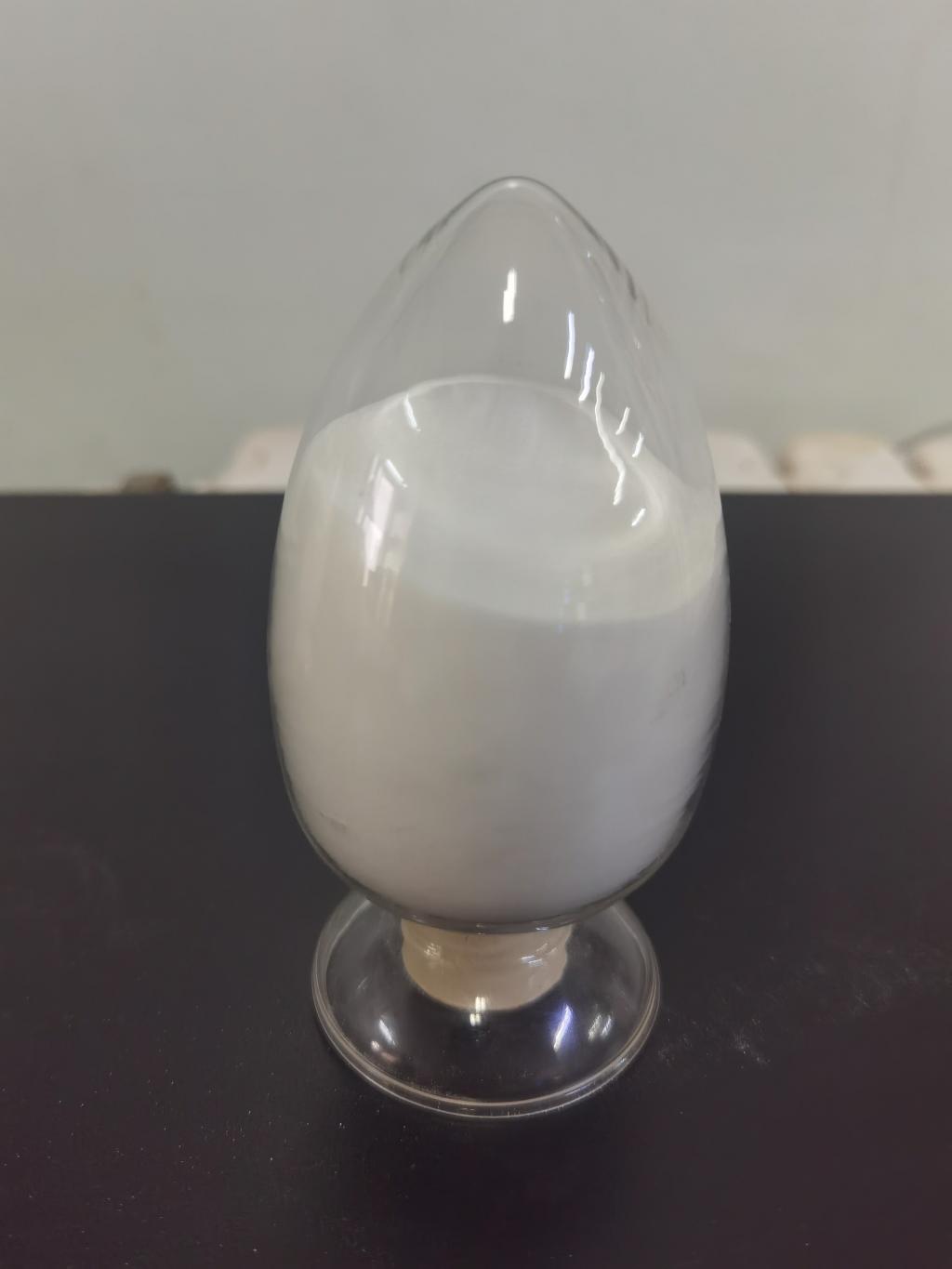Tel:0086 18231198596

News
ε-Polylysine Hydrochloride in Fermented Vegetables: A Probiotic Boost to Natural Preservation
TIME:2023-12-20
I. The Renaissance of Fermented Foods:
Rediscovering Tradition:
Culinary Heritage: Fermented foods, deeply rooted in culinary traditions across cultures, are experiencing a renaissance as consumers rediscover their unique flavors, textures, and health benefits.
Probiotic Appeal: The recognition of the gut health benefits associated with fermented foods, attributed to their probiotic content, has fueled a surge in popularity.
Challenges in Fermentation:
Microbial Stability: Achieving microbial stability during fermentation is crucial to prevent spoilage and ensure the safety of fermented products.
Balancing Tradition and Innovation: Modern consumers seek the perfect blend of tradition and innovation, desiring fermented foods that are not only authentic but also aligned with contemporary preferences.
II. ε-Polylysine Hydrochloride: A Natural Preservative with Probiotic Potential:
Natural Origins and Antimicrobial Properties:
Fermentation-Derived: ε-Polylysine hydrochloride, derived from bacterial fermentation, aligns seamlessly with the ethos of traditional and natural food preservation.
Antimicrobial Action: The unique antimicrobial properties of ε-Polylysine hydrochloride make it an effective tool for inhibiting the growth of spoilage and pathogenic microorganisms.
Applications in Fermented Foods:
Preserving Freshness: ε-Polylysine hydrochloride extends its role beyond preservation, contributing to the preservation of the freshness, texture, and sensory qualities of fermented vegetables.
Probiotic Enhancement: Research indicates that ε-Polylysine hydrochloride may act synergistically with lactic acid bacteria, potentially enhancing the probiotic content of fermented vegetables.
III. Probiotic Benefits of Fermented Vegetables:
Gut Health and Probiotics:
Probiotic Richness: Fermented vegetables are naturally rich in probiotics, including lactic acid bacteria, which play a crucial role in promoting a healthy gut microbiome.
Digestive Wellness: Probiotics contribute to digestive wellness by supporting nutrient absorption, promoting a balanced gut microbiota, and enhancing overall gastrointestinal health.
Synergy Between ε-Polylysine and Lactic Acid Bacteria:
Enhanced Probiotic Activity: Preliminary studies suggest that the inclusion of ε-Polylysine hydrochloride in fermented vegetable formulations may enhance the activity and viability of lactic acid bacteria.
Preserving Probiotic Integrity: The antimicrobial properties of ε-Polylysine hydrochloride may aid in preserving the viability of probiotics during fermentation and storage.
IV. Fermentation Stability and Quality Enhancement:
Microbial Stability During Fermentation:
Preserving Lactic Acid Bacteria: The use of ε-Polylysine hydrochloride in the initial stages of fermentation helps preserve lactic acid bacteria, ensuring their dominance over undesirable microorganisms.
Preventing Spoilage: The antimicrobial action of ε-Polylysine hydrochloride contributes to preventing spoilage and maintaining the desired characteristics of fermented vegetables.
Texture and Sensory Attributes:
Textural Preservation: The preservation of the crispness and crunchiness of vegetables during fermentation is vital for the sensory appeal of the final product, and ε-Polylysine hydrochloride aids in achieving this preservation.
Flavor Retention: ε-Polylysine hydrochloride's minimal impact on flavor allows the authentic taste of fermented vegetables to shine, preserving the unique profiles that consumers seek.
V. Challenges and Considerations:
Optimizing Formulations and Dosage:
Finding the Right Balance: Determining the optimal concentration of ε-Polylysine hydrochloride in fermented vegetable formulations requires careful consideration to strike a balance between preservation efficacy and probiotic enhancement.
Compatibility with Fermentation: Ensuring that ε-Polylysine hydrochloride does not interfere with the fermentation process or the activity of beneficial microorganisms is crucial for successful integration.
Consumer Perception and Acceptance:
Transparent Labeling: Transparent and clear labeling practices that communicate the use of ε-Polylysine hydrochloride as a natural preservative and potential probiotic enhancer foster consumer trust and acceptance.
Educational Initiatives: Proactive efforts to educate consumers about the dual role of ε-Polylysine hydrochloride in preservation and potential probiotic enhancement can dispel misconceptions and enhance understanding.
VI. Future Perspectives and Innovations:
Exploring New Vegetable Fermentation Frontiers:
Diverse Vegetable Offerings: Ongoing research explores the potential of ε-Polylysine hydrochloride in fermenting a diverse array of vegetables, expanding its applications beyond traditional offerings.
Customized Formulations: Tailoring ε-Polylysine hydrochloride formulations for specific vegetables and regional preferences enables the creation of unique and innovative fermented products.
Synergies with Other Probiotic Boosters:
Combined Approaches: Investigating synergies between ε-Polylysine hydrochloride and other natural probiotic boosters, such as prebiotics or specific nutrients, can lead to holistic formulations that enhance both preservation and probiotic content.
Enhancing Health Benefits: Formulating fermented vegetables with a focus on enhancing health benefits, beyond traditional probiotic content, positions ε-Polylysine hydrochloride as a key player in the development of functional foods.
VII. Conclusion:
ε-Polylysine hydrochloride's integration into the world of fermented vegetables marks a new chapter in the evolution of natural preservation and probiotic enhancement. As consumers seek food products that align with their preferences for clean labels, natural ingredients, and health benefits, the synergy between ε-Polylysine hydrochloride and fermented vegetables represents a meeting point of tradition and innovation. The journey from preservation to probiotic enhancement showcases the potential of ε-Polylysine hydrochloride in reshaping the landscape of fermented foods. As research continues and consumer awareness grows, the future holds exciting possibilities for the integration of ε-Polylysine hydrochloride into a diverse array of fermented vegetables, offering a fresh take on the preservation and enhancement of these culinary treasures.

 CONTACT
CONTACT




